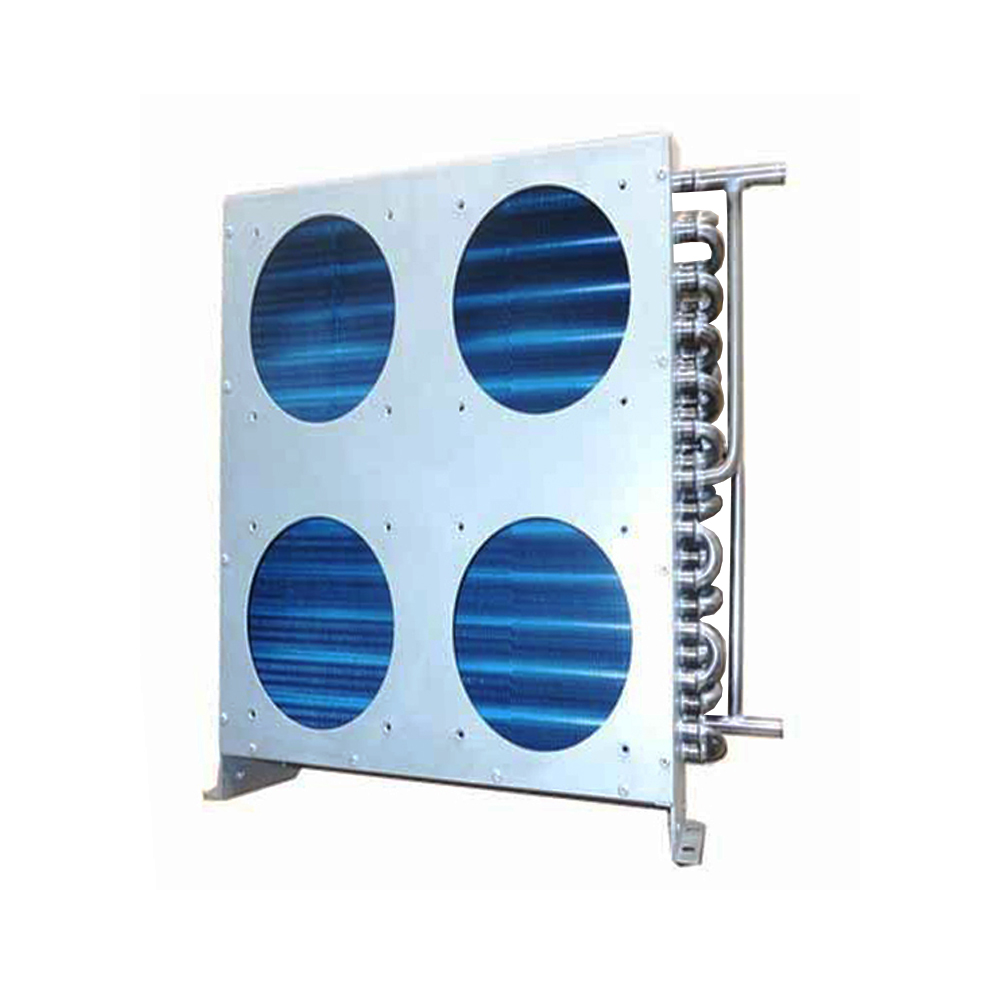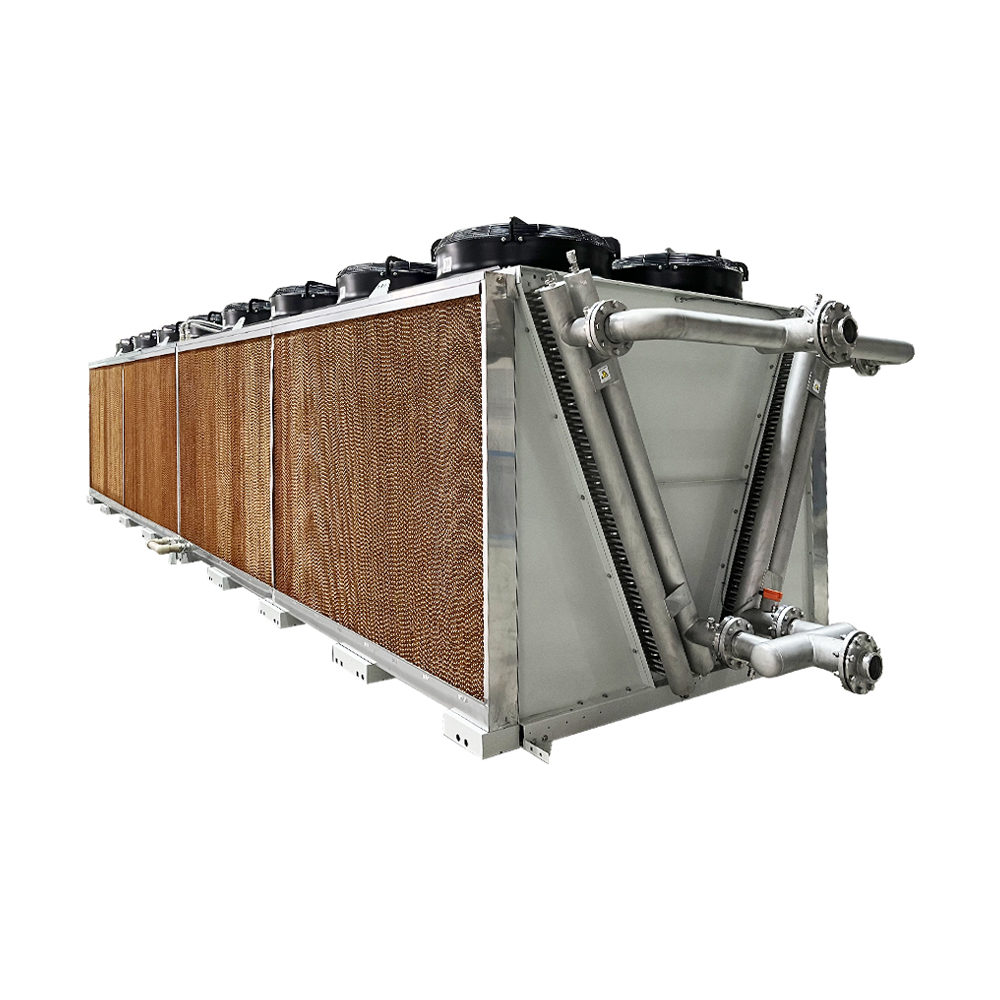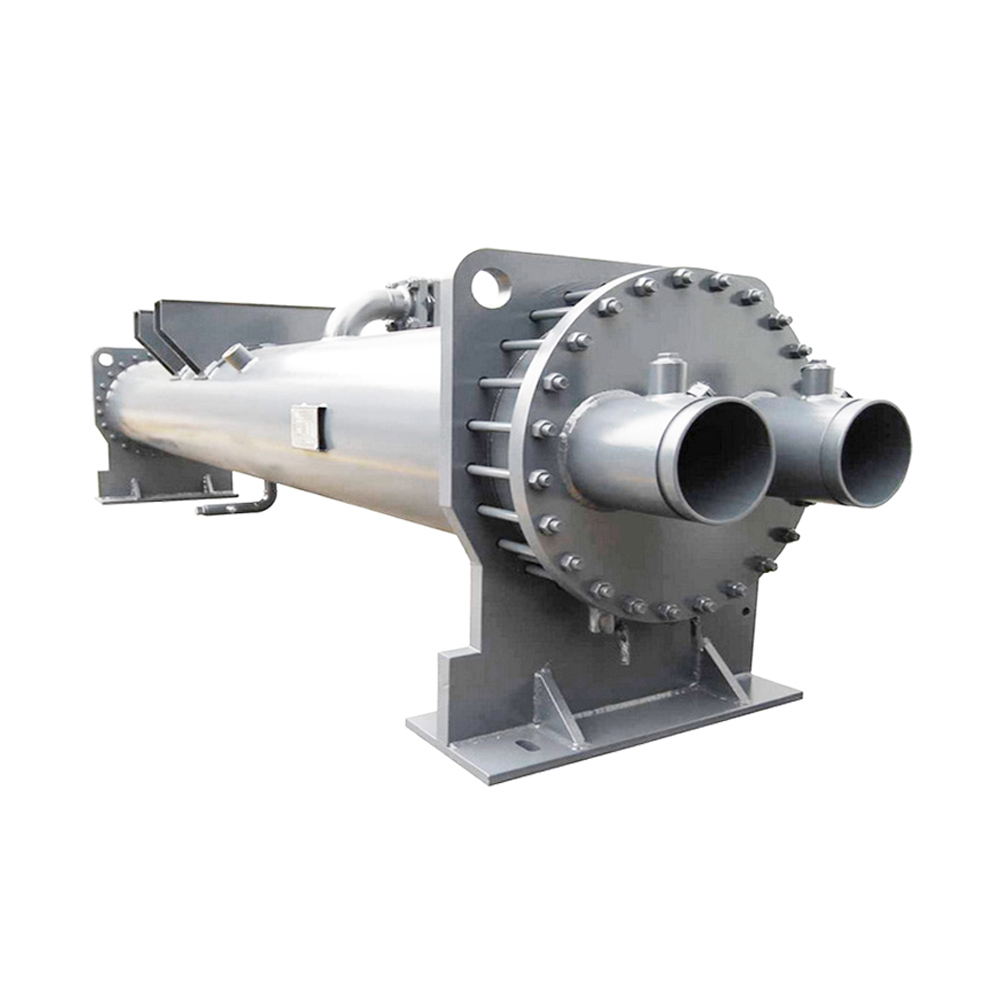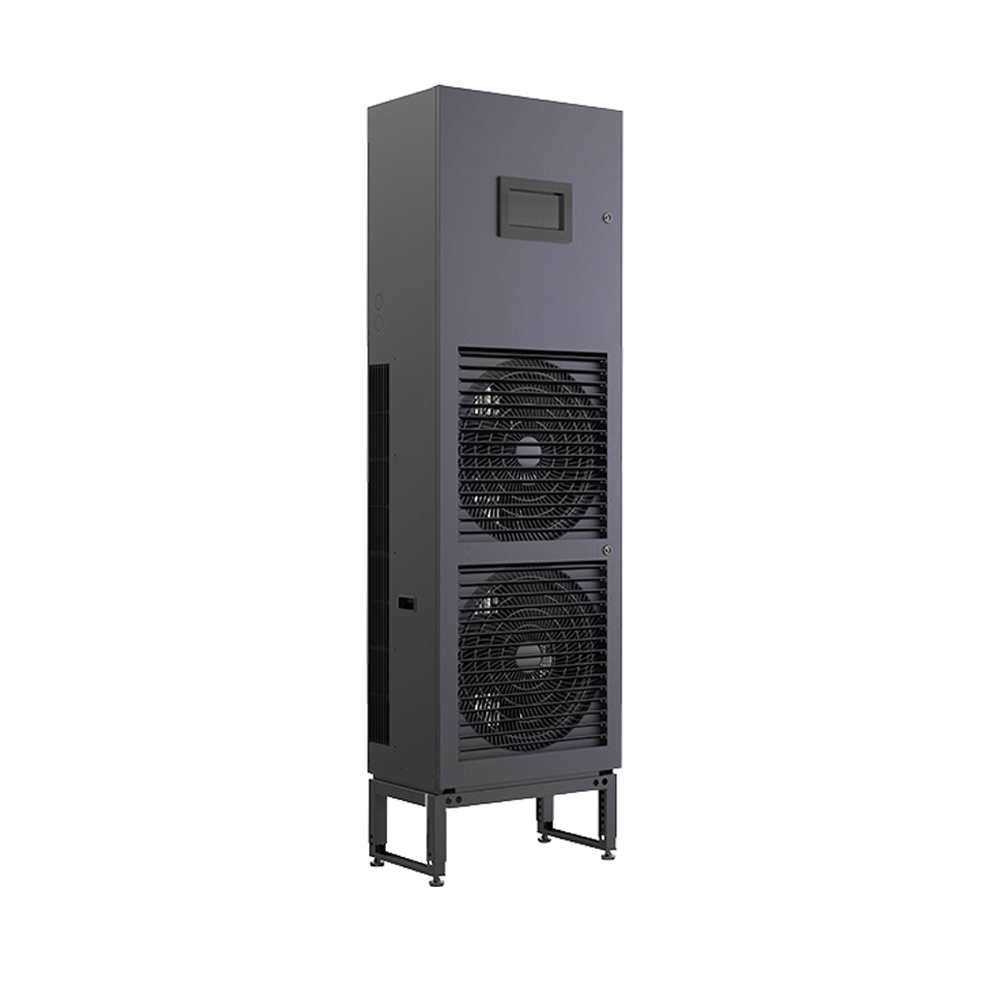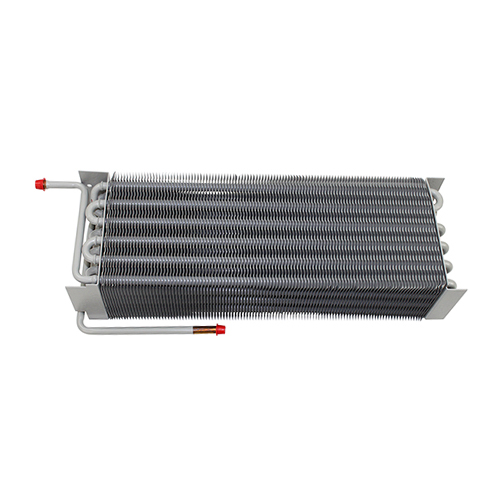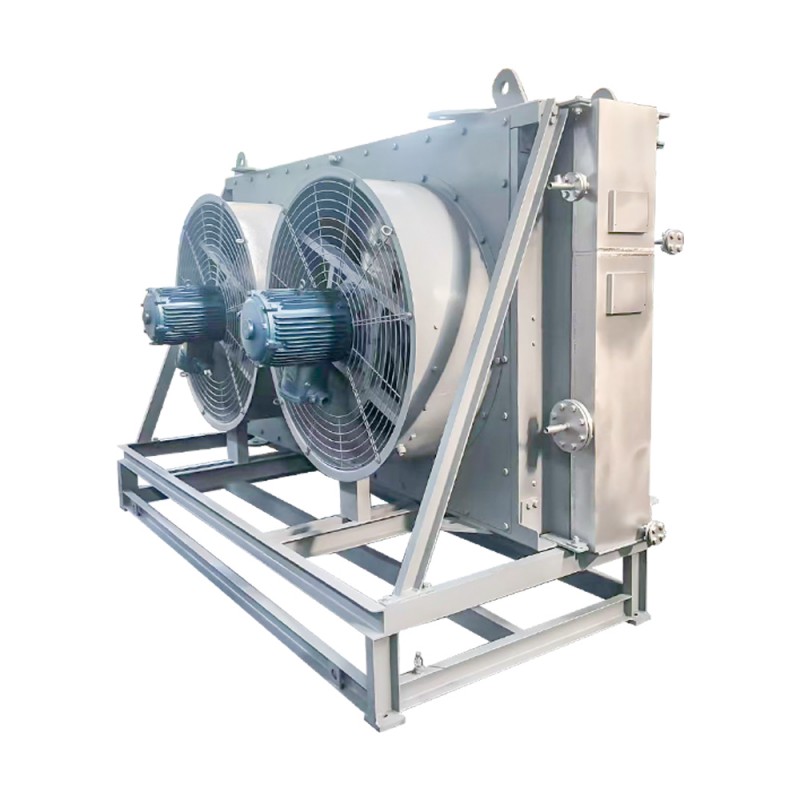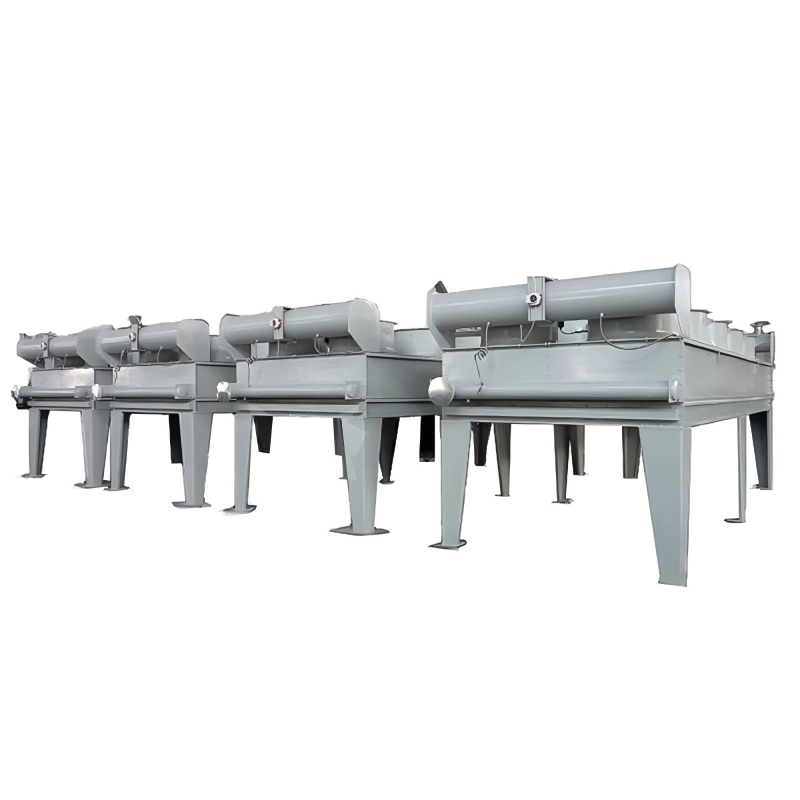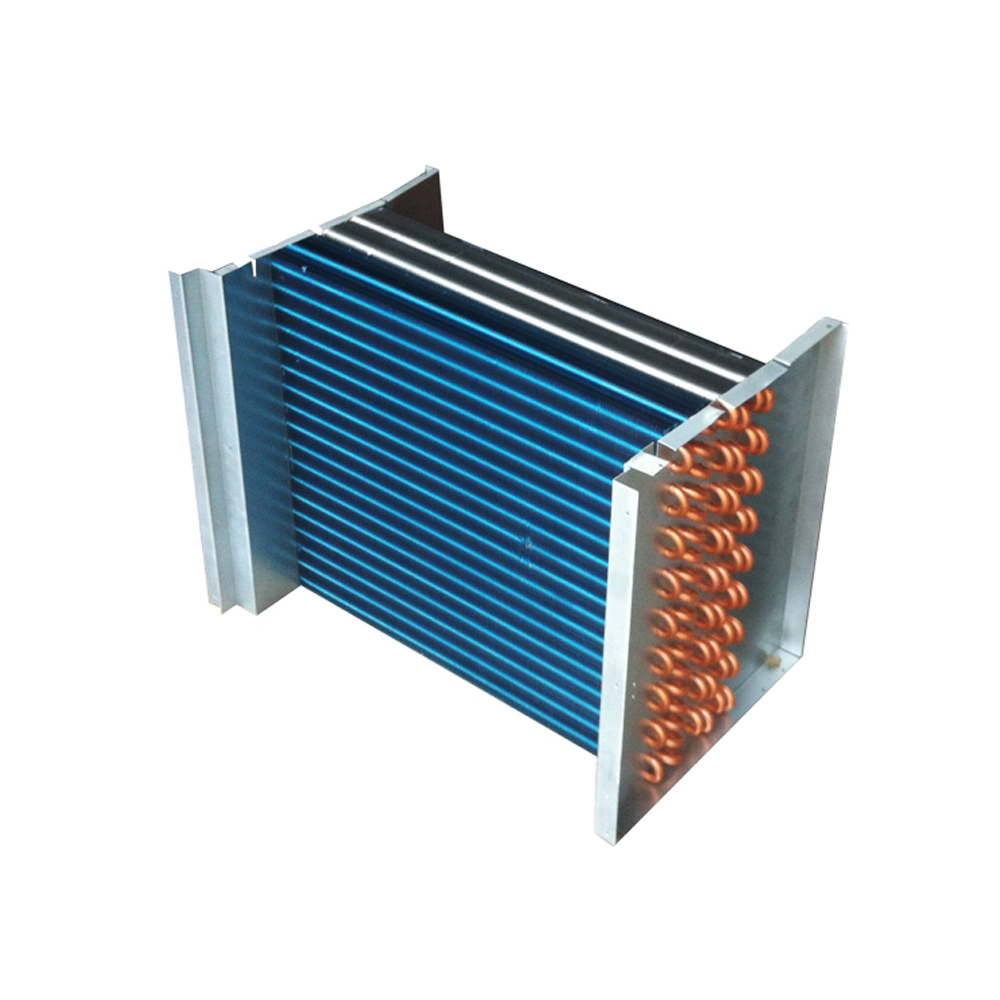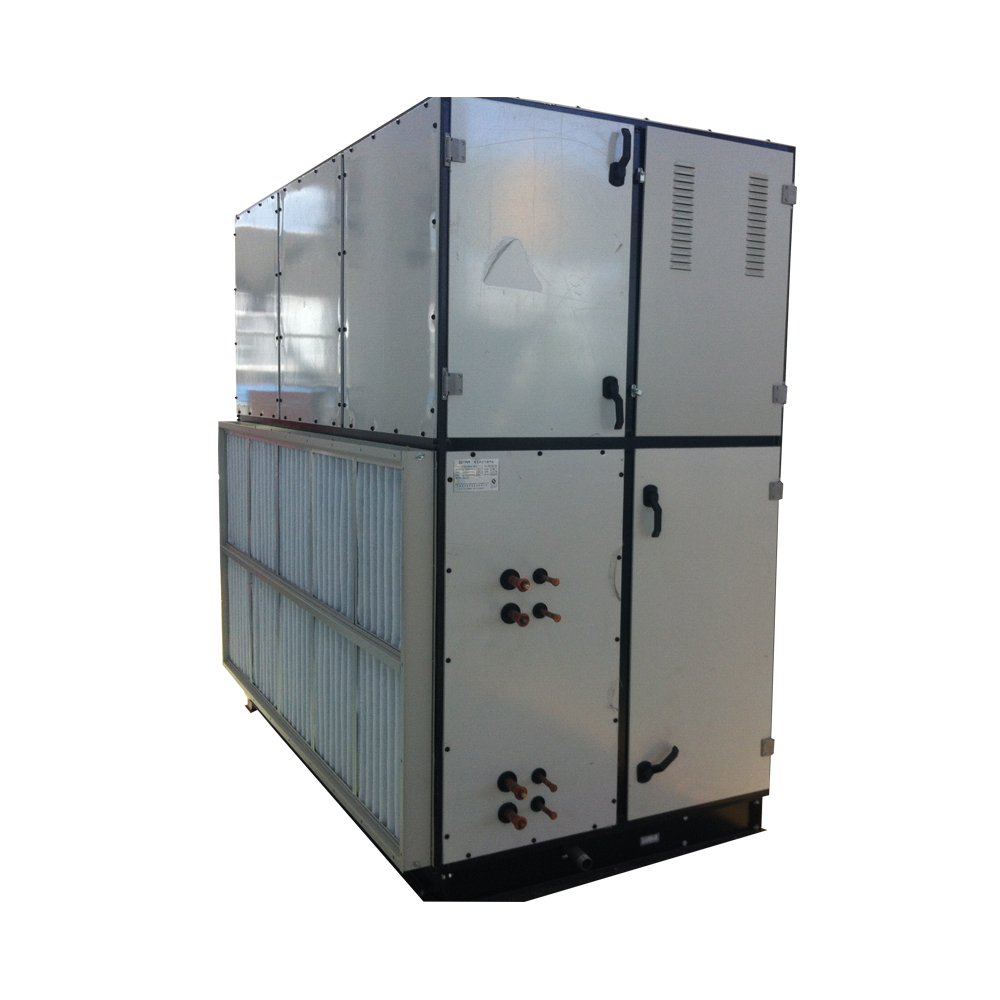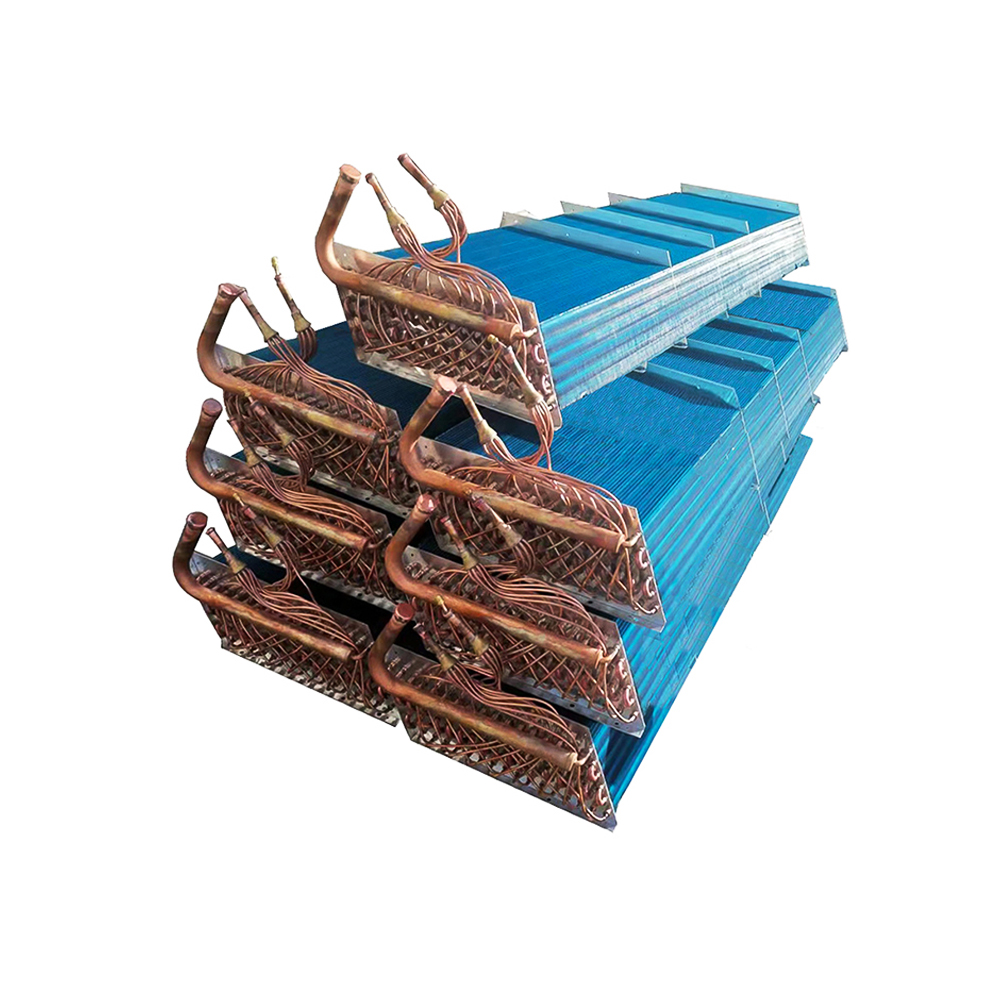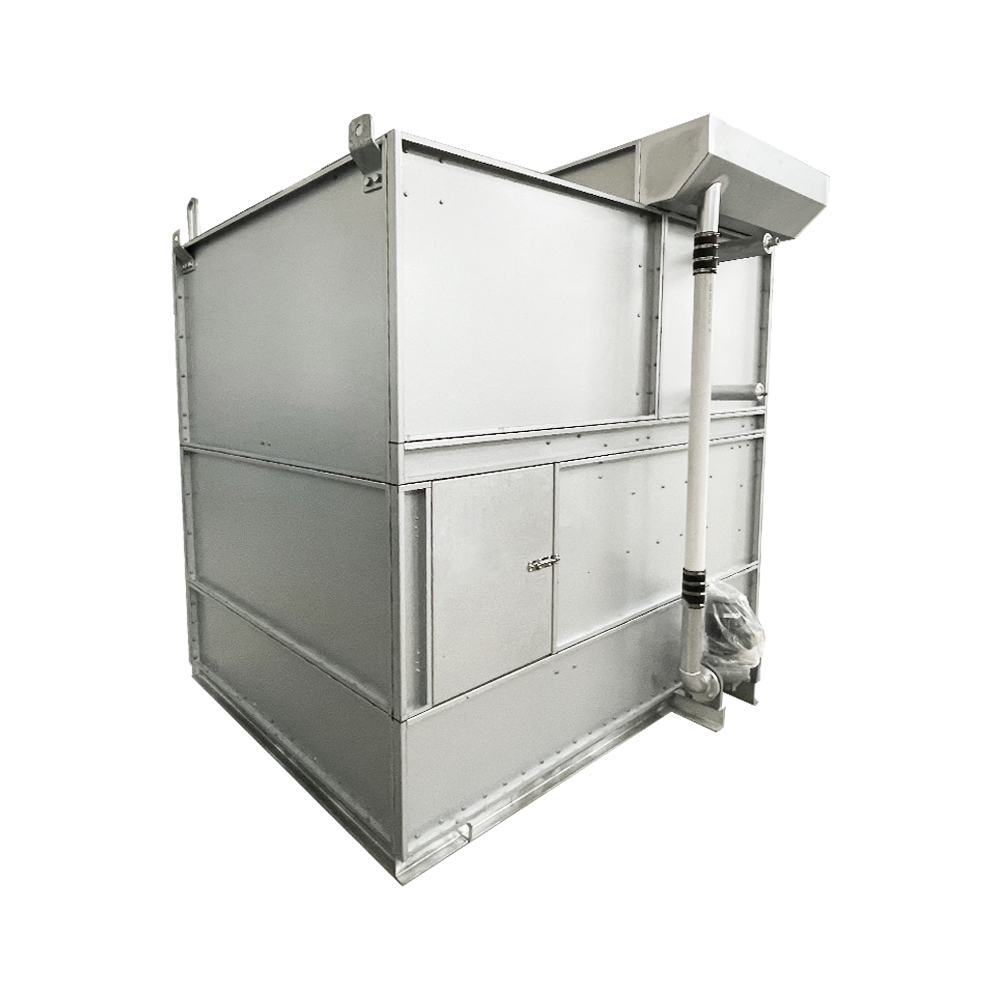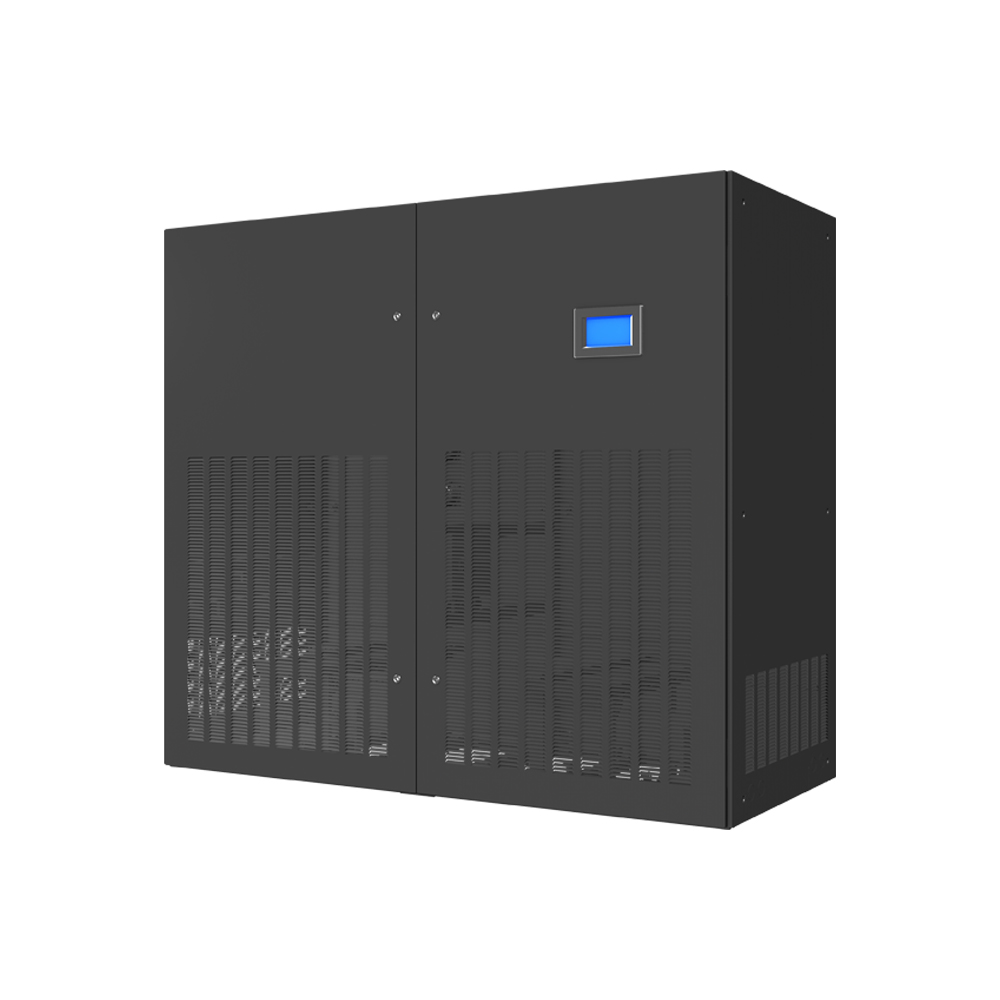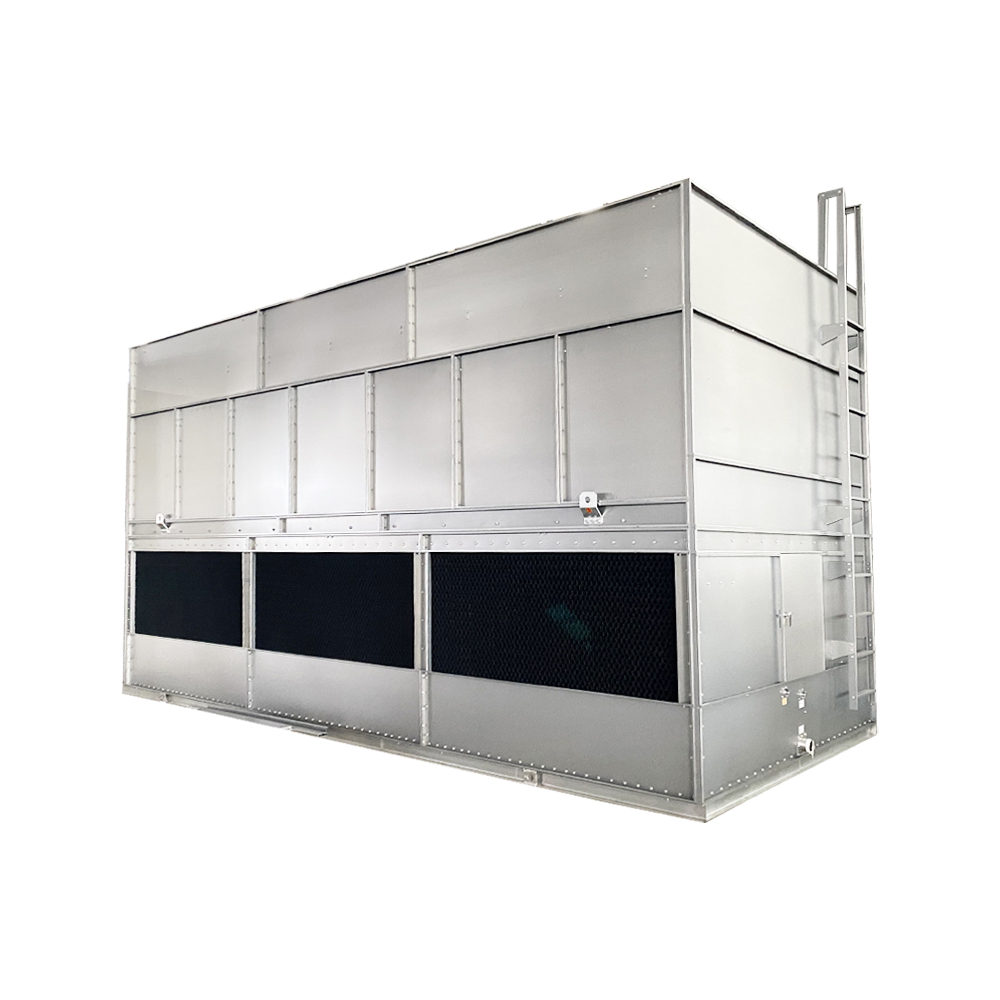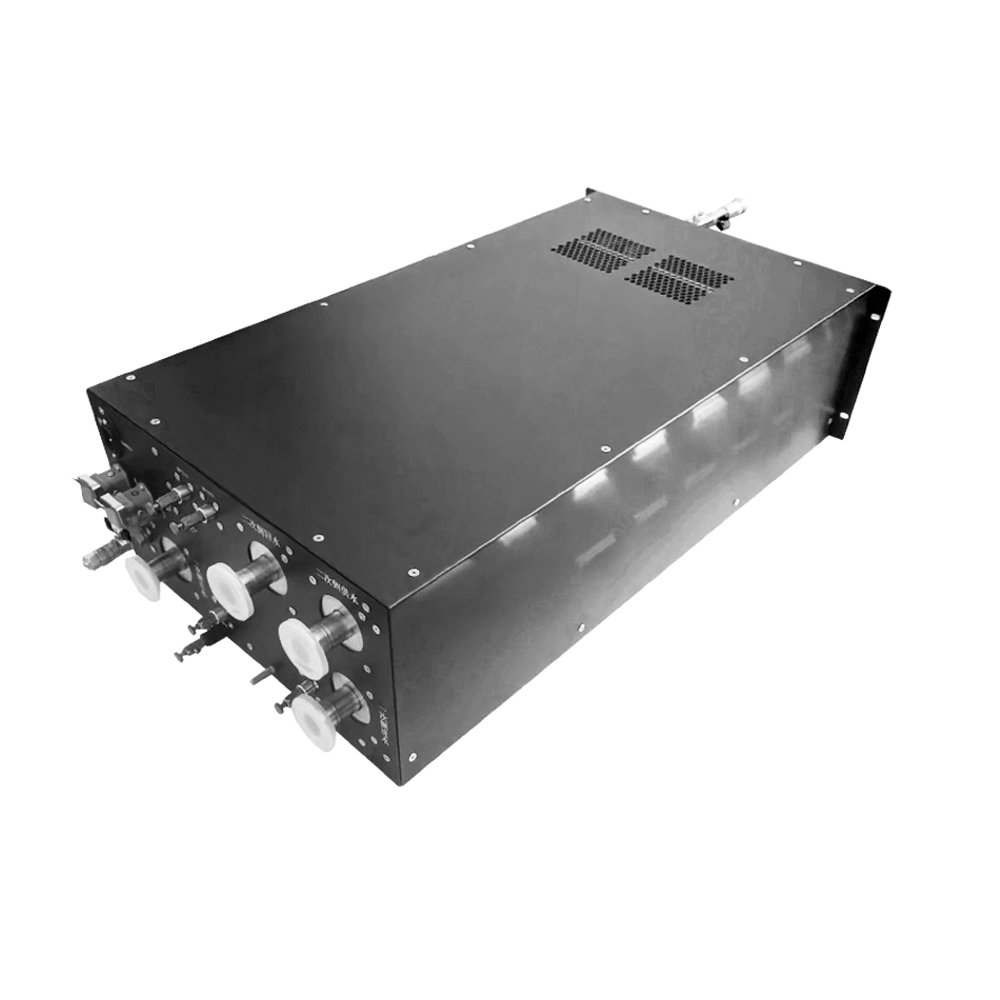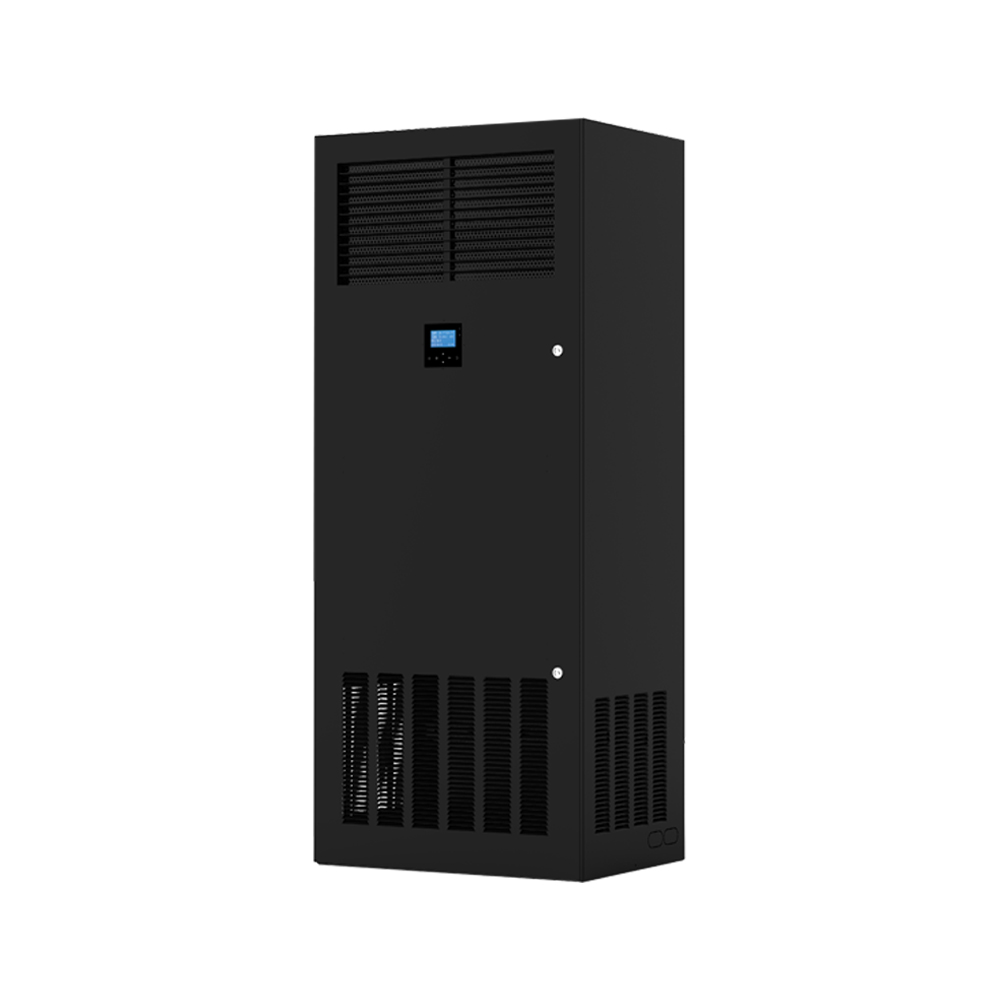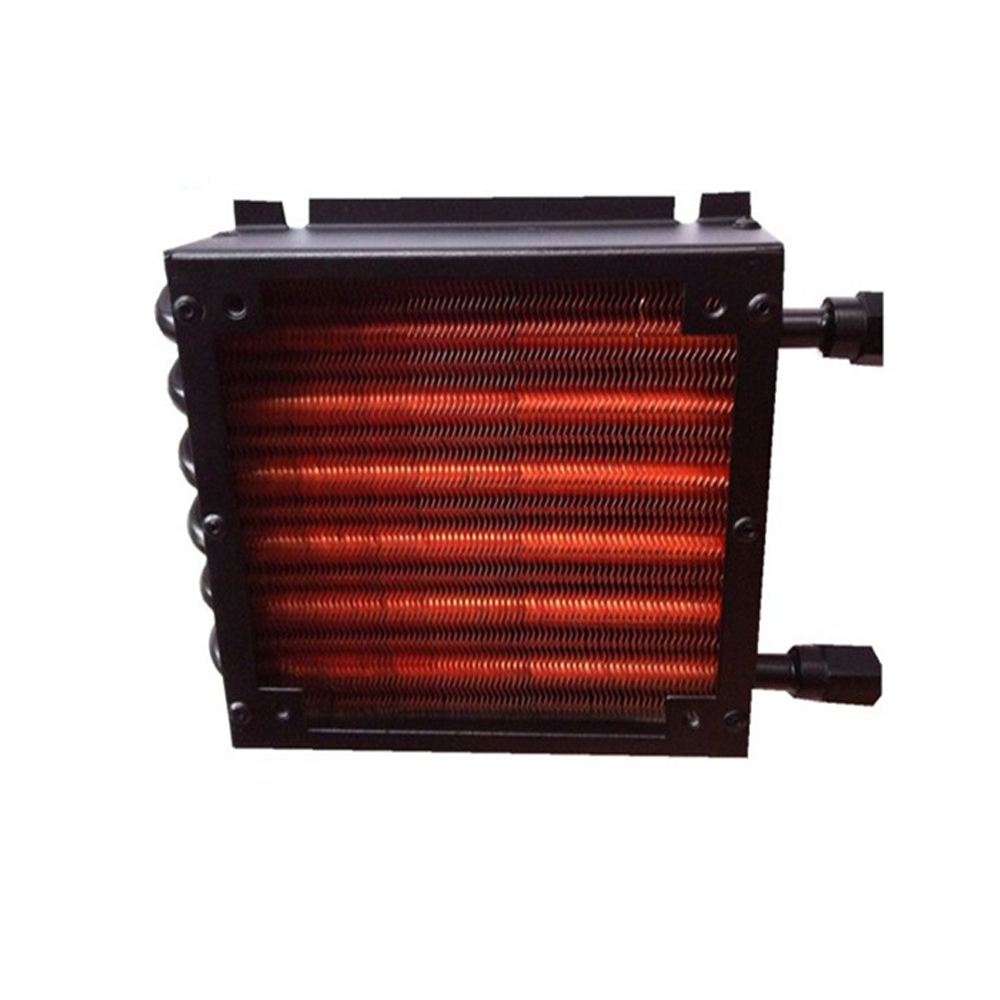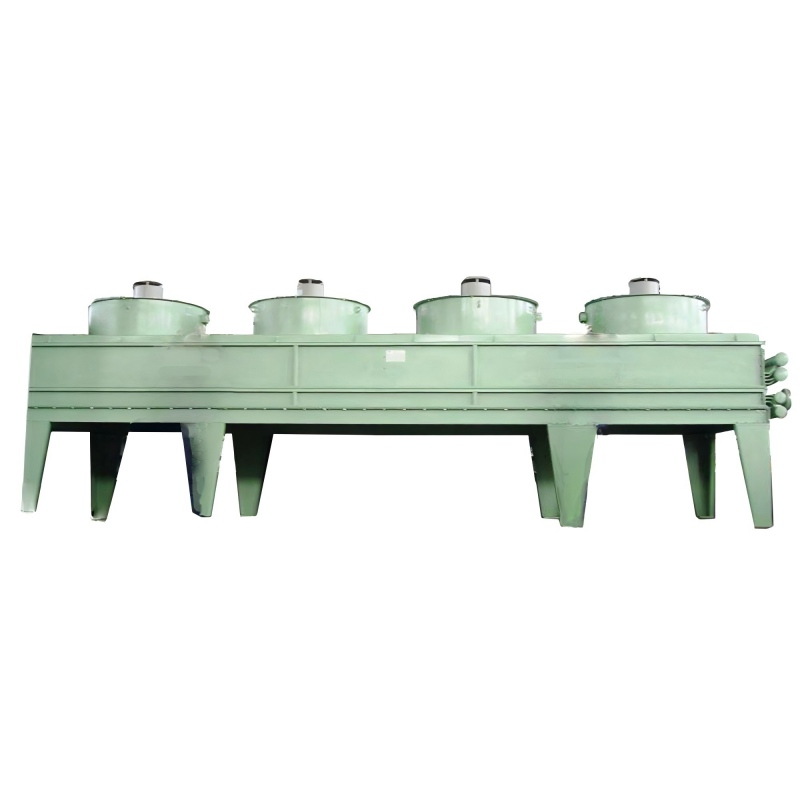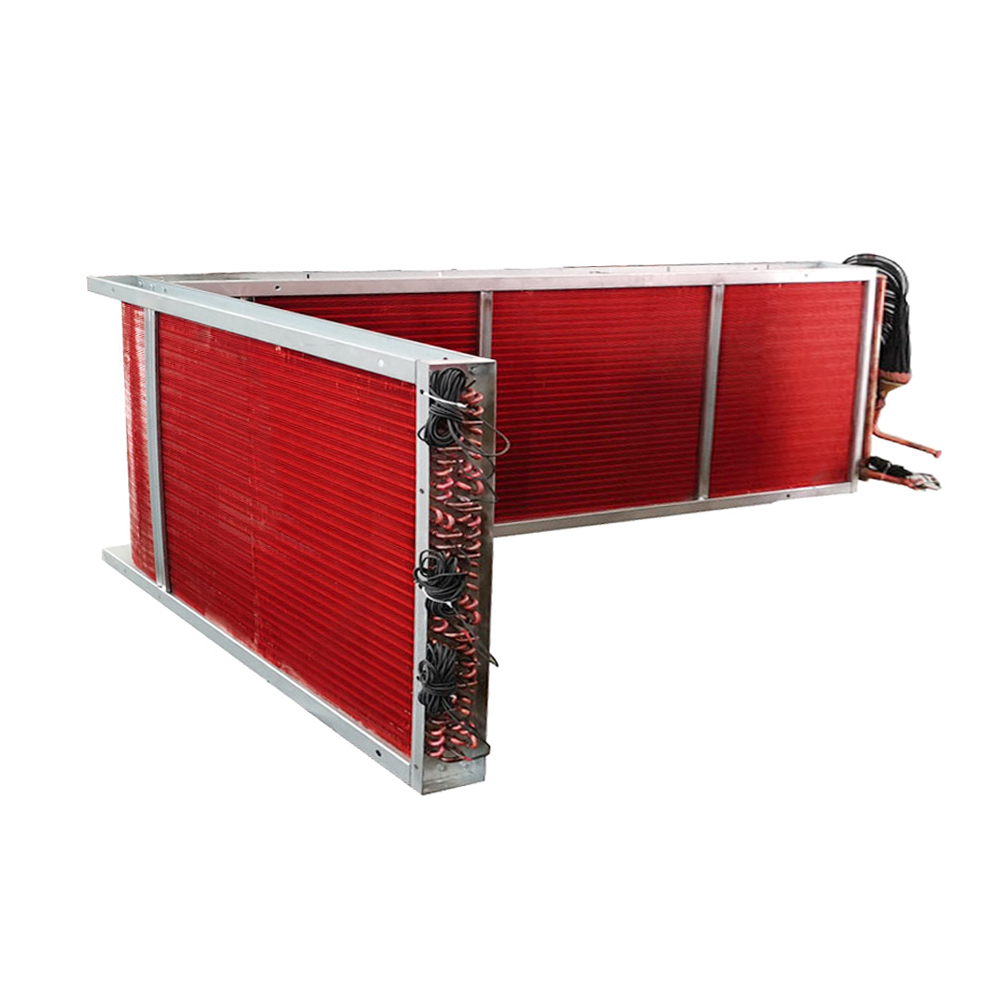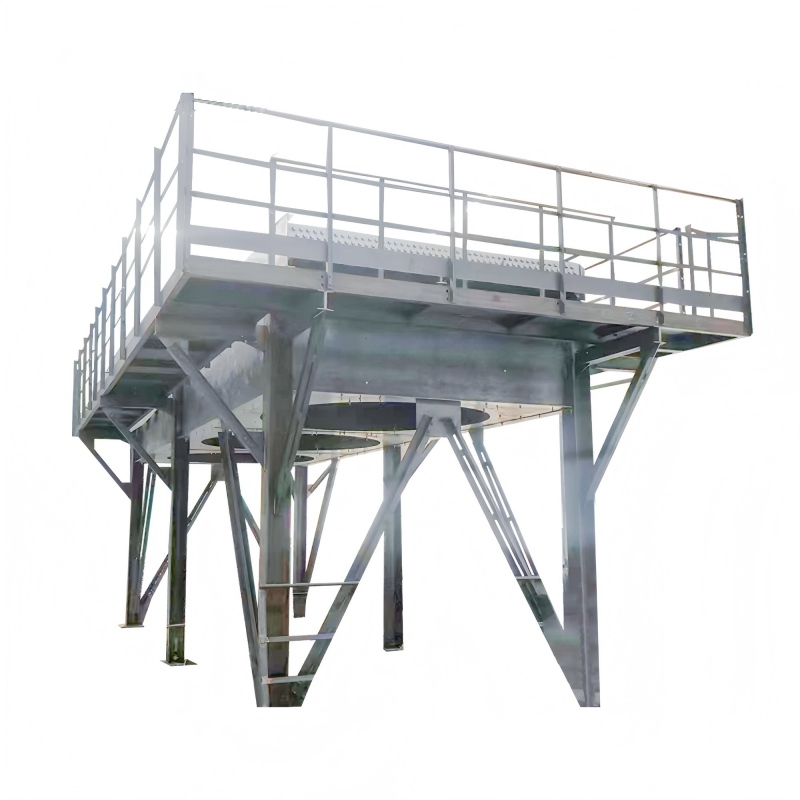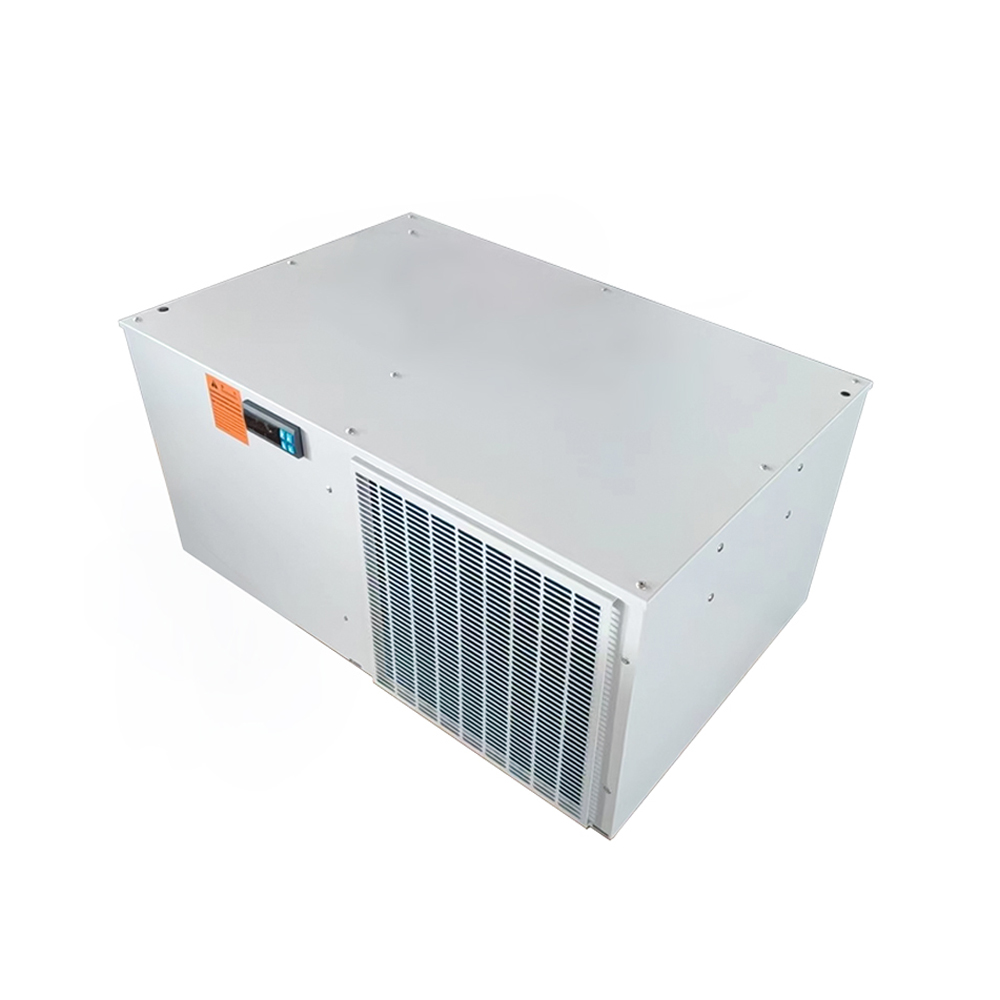This guide provides an in-depth look at choosing the best evaporative condenser for your needs. We'll cover key features, considerations, and factors to help you make an informed decision, ultimately leading to optimal cooling performance and efficiency.
Understanding Evaporative Condensers
Evaporative condensers offer a highly efficient cooling solution by combining refrigeration with evaporative cooling. Unlike traditional air-cooled condensers, they use water to dissipate heat, resulting in lower energy consumption and reduced operating costs. This technology is particularly beneficial in areas with dry climates and abundant water resources. The process involves circulating water over the condenser coils, where it evaporates, absorbing heat in the process. The evaporated water is then either discharged or recirculated, depending on the system design. Choosing the right evaporative condenser depends on several factors, which we will explore below.
Key Features to Consider
Cooling Capacity
The cooling capacity of an evaporative condenser is measured in tons of refrigeration (TR) or kilowatts (kW). Selecting the correct capacity is crucial for efficient operation. Undersized units will struggle to meet cooling demands, while oversized units are wasteful and unnecessarily expensive. Accurate assessment of your cooling load is essential. Consult with a HVAC professional or use online calculators to determine your specific requirements.
Water Consumption and Management
Evaporative condensers consume water, making water availability and management a key consideration. Look for models with efficient water usage features like low-water consumption designs or water recycling options. Some advanced systems incorporate water treatment to minimize scaling and prolong the life of the condenser. Consider local water regulations and costs when making your selection. The water management system should also be easy to maintain and clean.
Efficiency and Energy Savings
The energy efficiency of an evaporative condenser is often expressed as an Energy Efficiency Ratio (EER) or Coefficient of Performance (COP). Higher EER or COP values indicate greater efficiency and lower operating costs. Factors like fan design, heat transfer efficiency, and water management all play a role in overall efficiency. Look for models with advanced features designed to maximize efficiency and minimize energy consumption. Consider the long-term cost savings associated with energy-efficient models.
Durability and Maintenance
A durable evaporative condenser is crucial for long-term performance and reduced maintenance costs. Look for robust construction materials resistant to corrosion and wear. Easy access to components for maintenance and cleaning is also important. Regular maintenance, including cleaning of coils and water systems, is essential for optimal performance and longevity. Investing in a well-built unit with easy access to key parts will reduce long-term expenses.
Types of Evaporative Condensers
Several types of evaporative condensers exist, each with its own advantages and disadvantages. The best choice depends on your specific needs and application.
| Type | Advantages | Disadvantages |
| Direct Evaporative | Simple design, low cost | Higher water consumption |
| Indirect Evaporative | Lower water consumption, better air quality | More complex design, higher cost |
Table: Comparison of Evaporative Condenser Types
Choosing the Right Evaporative Condenser
Selecting the best evaporative condenser requires careful consideration of your specific requirements. Factors like cooling capacity, water availability, energy efficiency, and budget all play a crucial role. Consulting with a qualified HVAC professional is highly recommended to ensure you choose the most suitable and efficient system for your needs. For high-quality and reliable evaporative condensers, consider exploring options from reputable manufacturers like Shanghai SHENGLIN M&E Technology Co.,Ltd. They offer a range of products designed to meet diverse cooling demands.
Maintenance and Troubleshooting
Regular maintenance is crucial for maximizing the lifespan and efficiency of your evaporative condenser. This includes cleaning the condenser coils, checking water levels and quality, and inspecting fan motors and pumps. Addressing issues promptly can prevent more significant problems and ensure optimal performance. Consult your manufacturer's guidelines for specific maintenance procedures and troubleshooting tips.
By carefully considering the factors outlined above, you can confidently select the best evaporative condenser to meet your specific cooling needs and enjoy optimal performance and energy efficiency for years to come.









